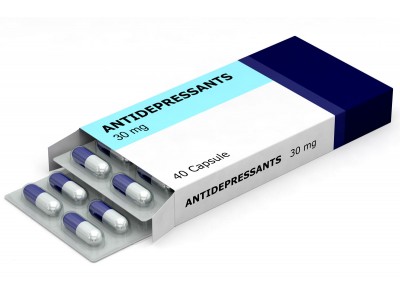Obtaining antidepressants without seeing a doctor is not advisable and is typically not legal or safe. Antidepressants are prescription medications that require careful evaluation and monitoring by a healthcare provider due to their potential side effects, interactions with other medications, and the need for an accurate diagnosis. Self-medicating or obtaining these medications without professional guidance can lead to serious health risks, including incorrect dosage, worsening of symptoms, and harmful side effects.
However, if you are seeking help for depression or anxiety but are unable or unwilling to see a doctor in person, there are alternative options that can ensure you receive the appropriate care:
Telehealth Services: Many healthcare providers offer telehealth services, allowing you to consult with a doctor or psychiatrist online. This can provide the necessary evaluation and prescription from the comfort of your home.
Mental Health Hotlines and Services: Some organizations provide online counseling and support services, which can connect you to a healthcare provider who can prescribe medication if needed.
Community Health Clinics: Local community health clinics often offer mental health services on a sliding fee scale based on income. These clinics can provide access to healthcare professionals who can prescribe medications.
Employee Assistance Programs (EAPs): If you are employed, your employer may offer an EAP that provides access to mental health services, including consultations with professionals who can prescribe medication.
Nonprofit Organizations: Certain nonprofit organizations provide mental health services and can help connect you with professionals who can prescribe antidepressants.
While these alternatives can help you access the care you need, it remains crucial to have professional oversight when starting any medication for mental health. Self-medicating without guidance is dangerous and can result in more harm than good. If you are experiencing financial difficulties or lack insurance, many resources and programs are available to help you access affordable healthcare. Reaching out to local support groups, mental health organizations, or social services can provide additional support and information.
